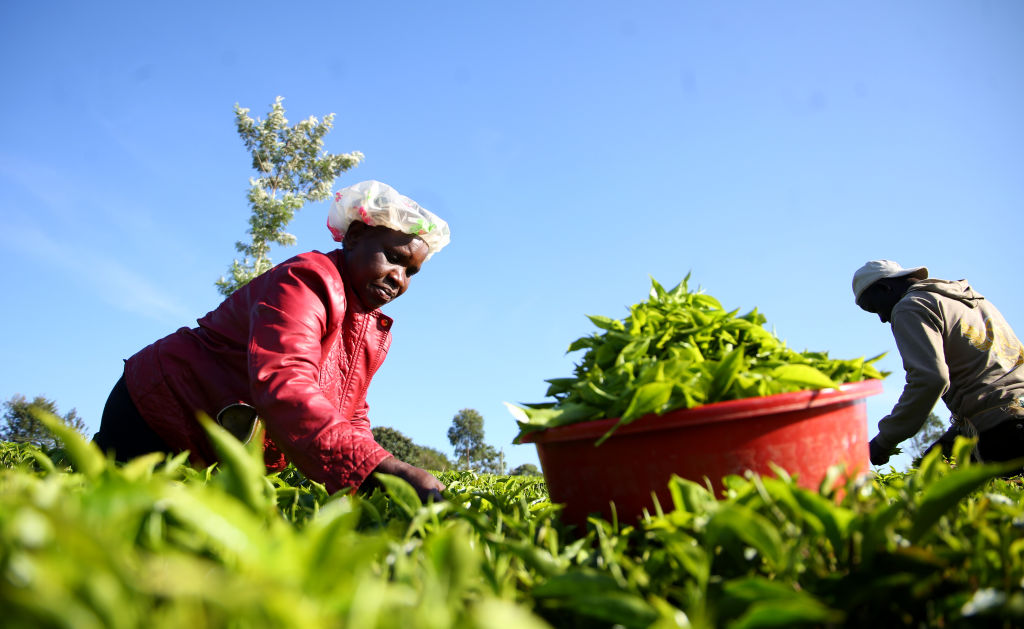Imagine you show up to work one day and your boss introduces you to a machine they say will make your job easier. Over time, though, this machine slowly takes over, forcing you to work harder to meet productivity targets.
This story is all too familiar for the tea pickers of Kericho, Kenya’s largest tea-growing region. Over the past decade, as harvesting machinery has been introduced to tea plantations, tens of thousands of workers have lost their jobs, most of them women.
Around the world, the same story is playing out. In October, I reported on how women are more likely than men to lose their jobs to automation.
But in Kenya, there is a ray of hope. Unions have successfully pushed the tea estates to guarantee only 65% of harvesting will be done by machine, with the rest picked manually. Currently only about 30% is harvested manually and tea companies including Lipton and Browns have confirmed they will honor the agreement. In the next round of talks, unions will push for a 50/50 split – effectively de-mechanizing the industry.
Much of this stems from protests last June, when Kericho residents and tea workers burned nine tea-picking machines over continued job losses. Three protesters died in the outbreak of violence, a culmination of frustration among workers as companies pushed ahead with mechanization to reduce production costs.
The use of harvesting machines has always been controversial. While tea companies argue they improve productivity at a quarter of the cost of human labor, unions and Kenyan politicians in whose jurisdictions these workers live, have resisted because of the scale of unemployment they create.
Every year for the past decade, the tea firms in Kenya have laid off workers.
“I was called into the office one evening after my tea-picking duties and handed a letter saying my services were no longer required. My whole world was shattered,” said Alice Maritim, a former tea worker, of her dismissal in 2018.
She moved out of her company-provided home and now sells vegetables in Molo, a town about an hour’s drive from Kericho. Maritim’s story is just one of thousands who have had to find alternative livelihoods, while current workers continue to seethe with anger at the tea companies’ preference for machines.
Yet not everyone thinks mechanization is bad. Apollo Kiarii, Chief Executive Officer of the Kenya Tea Growers Association, argues it is “vital” for the survival of Kenya’s tea industry.
“Mechanization, often viewed with skepticism, is a necessary step towards modernizing the industry, making it more competitive on the global stage,” Kiarii wrote in Business Daily Africa, a Kenyan newspaper, last September. “As the industry deals with the challenges of mechanization, it is important to strike a balance between preserving jobs and achieving economic sustainability.”
But Kiarii’s argument ignores tea pickers, the very people who upheld the sector for decades and whose livelihoods are now at risk. No company has yet come up with a plan to upskill this group of workers or offer them alternative forms of employment.
With pressure from local communities and a political class keen to ensure local jobs are protected, there is little chance the industry will become fully mechanized for the time being. This buys female workers time to provide for their families and find ways to upskill. The question is, for how long?



